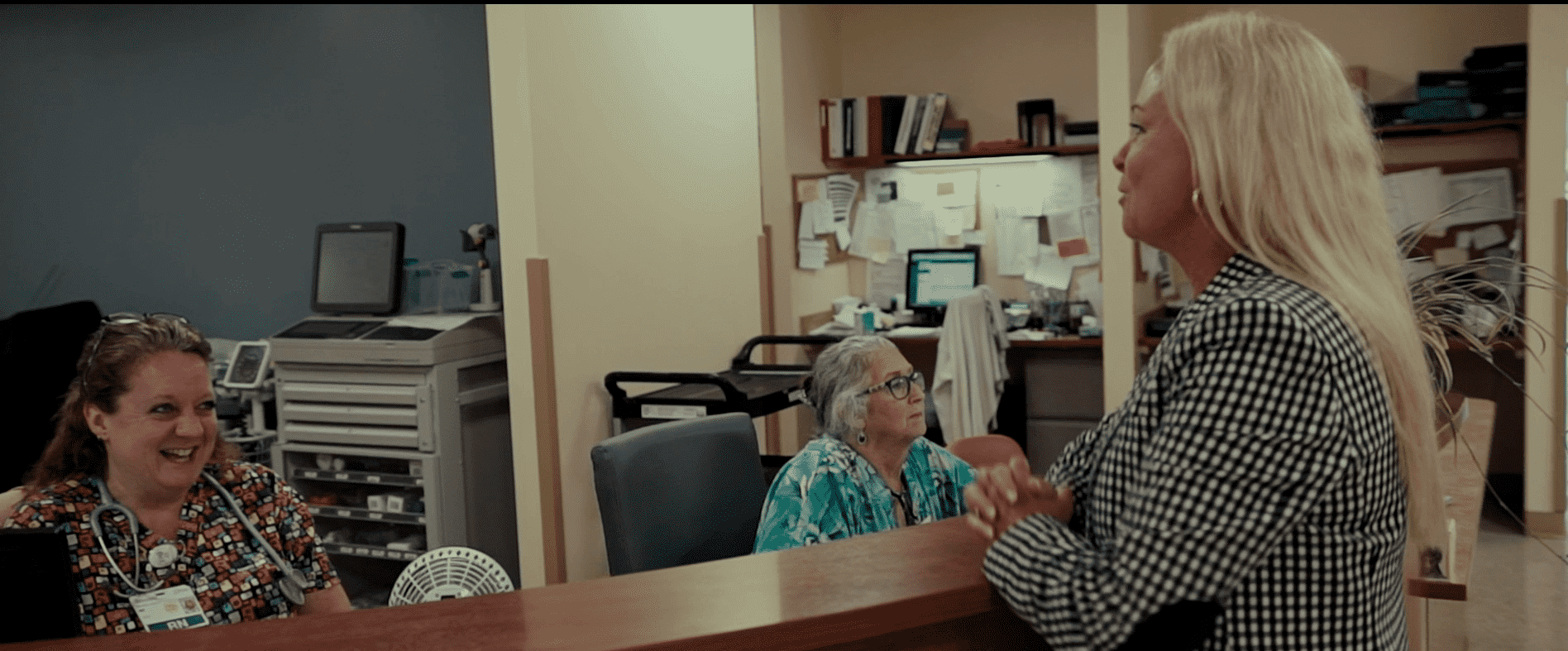Make a Difference for Your Employees – Part 1
When I opened a dialogue with the people who put in the shifts day-to-day at Loretto, I discovered one of the most important things to them was diapers. Yes – paper underpants for babies.
Before I go any further, I’d like to point out that this is an example of a problem in The Tale of Two Americas– something that is significant to one America, but non-existent in the other. The overwhelming majority of the executives and professionals I work with every day either haven’t bought diapers or haven’t thought about the cost if they did. However, it’s different for many of our other employees.
Based on my estimated calculations (I have six kids and three grandchildren, so I’m all too familiar with diapers), one of our employees who is a mother of two young children needs about six boxes of diapers per month – or $180 worth. What does this have to do with her work at Loretto? A lot. You see, these young children are in daycare, and most daycare facilities require that parents provide diapers for their children – if they don’t, the daycare will not accept the children into their care. No diapers, no daycare – and no daycare means a missed shift for Loretto (and day’s pay for that employee).
As I heard more of these stories, I decided to introduce a new program – establishing a diaper bank, a repository of the items that could be distributed who expressed a need to receive them. Once enrolled, employees in this situation could receive diapers they can provide to their daycare center to ensure the continued care of their children – and enable them to meet all of their assigned shifts. In addition to meeting their shifts, without the concerns surrounding diaper finances and daycare, the employee’s job performance is improved. The program is limited and requires minor accommodations, but makes a significant difference in the lives of many employees and their children.
What can you do within your organization? Start a dialogue and listen – what do employees need? What would the cost be to provide it? What benefits would be returned in exchange? It seems simple – and it is. A simple conversation can lead to a great reward!

